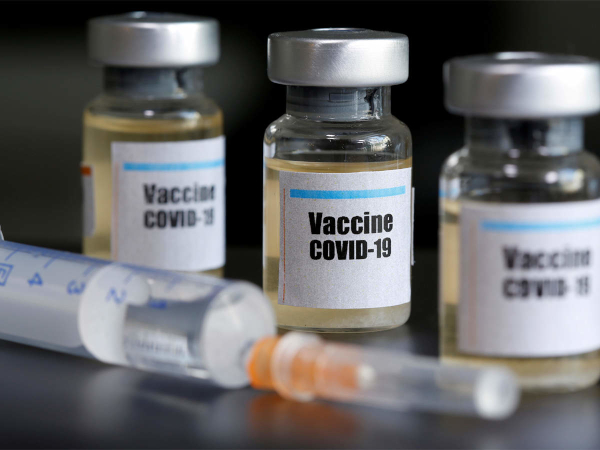New Delhi: India will start administering Covid-19 vaccines to two more priority groups — those above 60 years and those aged above 45 years with comorbidities — from 1 March onwards, Union Information and Broadcasting Minister Prakash Javadekar said at a press briefing Wednesday where he announced decisions taken by the Cabinet at a meeting earlier.
This is the second phase of the vaccination drive, and will cover 10 crore people, Javadekar added. Since 16 January, vaccinations have been available for health workers across India, with frontline workers allowed access earlier this month.
A total of 1,07,67,000 people had received the first shot of the vaccines’ two-dose regimen by Wednesday. Of these, 14 lakh have received the second dose, which is administered after a four-week gap.
Health workers, frontline workers, the elderly and those with comorbidities are the four priority groups identified by the Modi government for the Covid vaccination drive, since they are believed to be most exposed or vulnerable to infection.
Javadekar said the government has decided to offer free vaccines to those who visit the 10,000 government medical facilities around India. “The government will bear the full cost of those getting vaccinated in government facilities,” he added.
Those going to private hospitals will have to pay for the vaccine. “What amount will be paid will be decided in the next three-four days after consultation with the health ministry, manufacturers, and the private hospitals,” Javadekar said.
Vaccination drive moves ahead
Vaccination was also free for the health and frontline workers administered the shot in the first phase. “The government bore the entire cost of the vaccine for healthcare and frontline workers,” Javadekar said.
The Indian vaccination programme currently comprises two vaccines. Covishield, developed by researchers at the Oxford University and the British-Swedish pharma firm AstraZeneca, is being manufactured in India by the Pune-based Serum Institute of India (SII). Covaxin is an indigenous product developed by Hyderabad-based Bharat Biotech.
The central government has committed to buying approximately 6 crore doses of vaccines from SII and Bharat Biotech, of which a little over 1.5 crore have already been delivered.
Source: The Print
You may also like
-
India Against Mpox
-
Combination of ‘Siddha’ Drugs Reduces Anemia in Adolescent Girls: Study
-
Suspected Mpox Case Under Investigation; Patient Put Under Isolation, No Cause for Alarm
-
Prime Minister Applauds India’s Best Ever Performance at the Paralympic Games
-
National Exit Test (NExT) for Ayush to be Effective from 2021-2022 Batch: Union Minister of Ayush Shri Prataprao Jadhav
